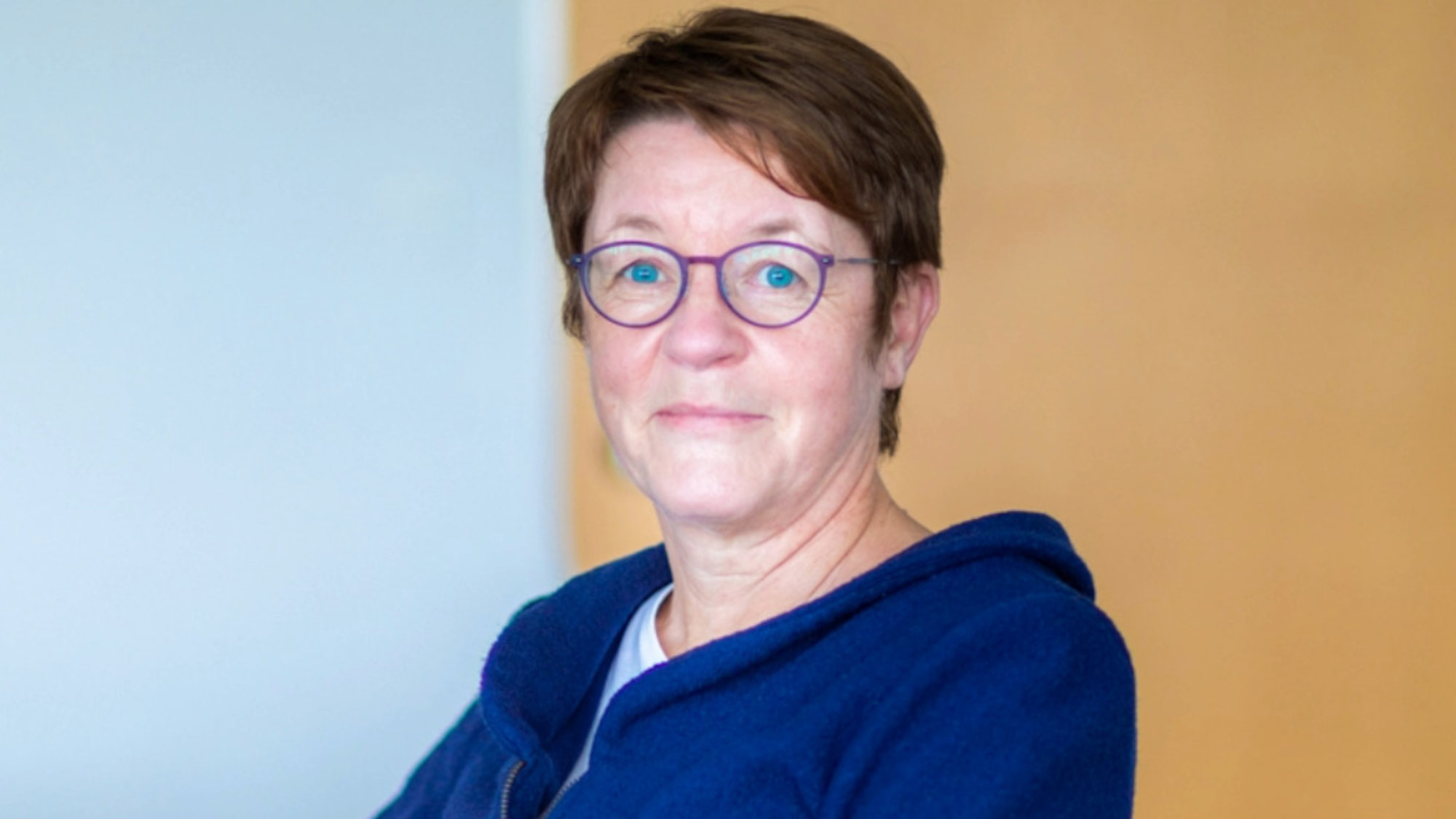
© Matej Meza / Universität Bremen
EU Funding – A Science in and of Itself?
The European Commission supports research in nearly all European policy areas with a variety of funding programs
What is the process for applying for funding? Who qualifies to receive which types of funding? One person who is very familiar with navigating the jungle of proposal submissions at our university is Dr. Andrea Gottlieb from the Funding Advisory Service. She has been working in this position for almost ten years. up2date. spoke with her.
Dr. Gottlieb, what is your role at the University of Bremen and how long have you been here?
I am a biologist, but have been working in science management for a very long time. I have been at the university since 1997 – in the beginning, at an affiliated institute and now at the university itself. I have worked as an EU consultant since 2015. My role is to advise and support proposals for EU funding.
Who can apply for EU funding and how can you support them?
EU funding is a huge field. There are hundreds of funding opportunities. Mostly we advise on the “Horizon Europe” funding program for research and innovation. Postdocs and professors can apply for this type of funding. Within Horizon Europe, there is the “Marie Sklodowska-Curie” funding line. This is particularly interesting for scientists who have already completed their doctoral degree by the submission deadline. The bulk of my work is advising people who already have some experience or wish to submit a proposal for very specific funding programs and need specific advice on how to proceed. Initial consultations are less common, where someone has an idea for a project and wants to know how to finance it. This means that one of our frequently used services is proofreading and advising on draft proposals. I have been doing this job for quite a long time now and have a lot of experience. I know possible reasons for rejection; I know what proposals should include. EU applications follow a set structure and the calls for proposals usually provide many details. There is an “expected impact” of which applicants are often not aware. EU funding carries a lot of prestige, and the volume of applications is much higher than the funds available. This makes for very tough competition, so it is vital to address what is expected. Otherwise, the work will have been in vain. Questions about funding do not automatically stop upon approval of a project, and we are happy to answer these as well. We also regularly hold information events on funding opportunities for the postdoc phase, together with colleagues from the Central Research Development Fund and BYRD. The next one will take place in November 2024. We also send a monthly newsletter with current developments and dates: newsletter registration.
How relevant is EU funding for the university and its researchers?
Some projects would not be possible without EU funding. If researchers want to receive funding for projects with members from other countries, the EU is often the best option. Although a majority of funding comes from national sources such as the DFG, international consortia rarely receive funding there. Universities that strive for international positioning cannot bypass EU funding. Some of the EU funding programs are highly renowned, such as the ERC grant. The European Research Council (ERC) promotes cutting-edge research in various funding lines. Professors working at the University of Bremen won six ERC grants in 2023. These six projects alone account for just under 15 million euros. Because of this impact, EU funding is important for every university.
How are EU funding opportunities developing? What are your personal hopes?
The first funding program started in 1985 and was relatively small. We now have the ninth program, “Horizon Europe,” and the tenth is currently in preparation. With each successive framework program, both the importance and the budget have increased. The current “Horizon Europe” program will fund over 95 billion euros from 2021 to 2027. With the increase in funding, the expectations of what researchers should contribute have also risen. For the upcoming framework program, there are requests to simplify the application process. The application and review processes often appear complicated to newcomers. Researchers agree that the funding volume should increase significantly. Especially in areas with a broad focus, where any “crazy idea” can be submitted, funding must not be capped under any circumstances. Personally, I would like the next framework program to provide around 200 billion euros of funding. The challenges that research and development can contribute to solving are growing and we urgently need new approaches and ideas. Accordingly, more money must be invested. There is a lot going on right now with the upcoming EU elections on June 9 and I am very excited about what the future holds. My hope is that more money will flow and the structure of the next framework program will only have minor alterations, as is currently expected. The process works quite well, so evolution would be better than revolution.